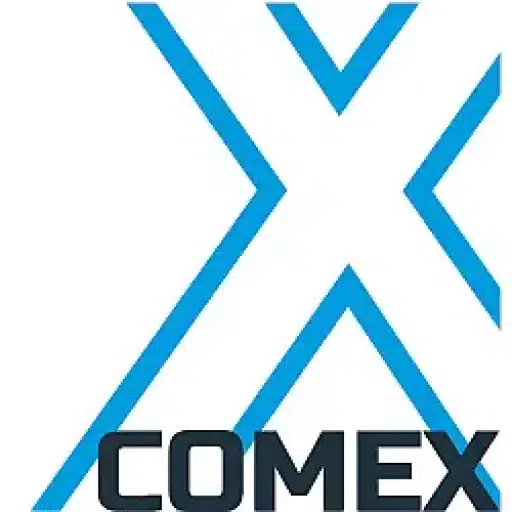+31 (0)43 30 88 400 | office@comex.eu

Why archive data must be available quickly and inexpensively
Why archive data must be available quickly and inexpensively
A customer recently told us that they use local storage for medical research data during processing and analysis. After all, it’s fast and cheap because it’s on premise and, after all, you pay a fee for each transaction in the cloud. She then told us that once the data is analyzed and given “archive” status, they move it to the cloud as archive data. Because that’s cheap.
Infrastructure already in place
But is it? Assuming this customer uses Silent Bricks, she already has the system in place. Or some other system that scales favorably. So: you have a system with several terabytes where you have your work data. Putting your archive data there as well will cost less than cloud storage, depending on the capacity you need. An extension costs from 0.2 cents per gigabyte per month, including all transaction fees and still at the speed you already know. After all, you already have some of the infrastructure in place. So it’s much cheaper to extend your existing system for archival or other purposes.
What is archive?
On top of that, the archive is no longer the archive. No longer a proverbial dusty place full of information to be preserved, but a valuable source of information for research. Take Coronavirus research: historical data of various ages are needed quickly and permanently. Data on all kinds of studies on influenza must be reanalyzed with today’s science. If you want to retrieve all that old data from the cloud for big data analysis, the costs add up considerably and time is ticking away. Those who have this data available on premise are the bacon.
Taiwan
Remarkably, the Coronavirus has barely gained a foothold in Taiwan, some 37 nautical miles from China. Taiwan created a plan to prevent expansion after the SARS outbreak several years ago. Whether it is completely AVG-proof is debatable, the fact is that the databases of customs, airports, hospitals and health insurers are linked. A big data analysis was run on that. Again, this is archived data that was readily available.

